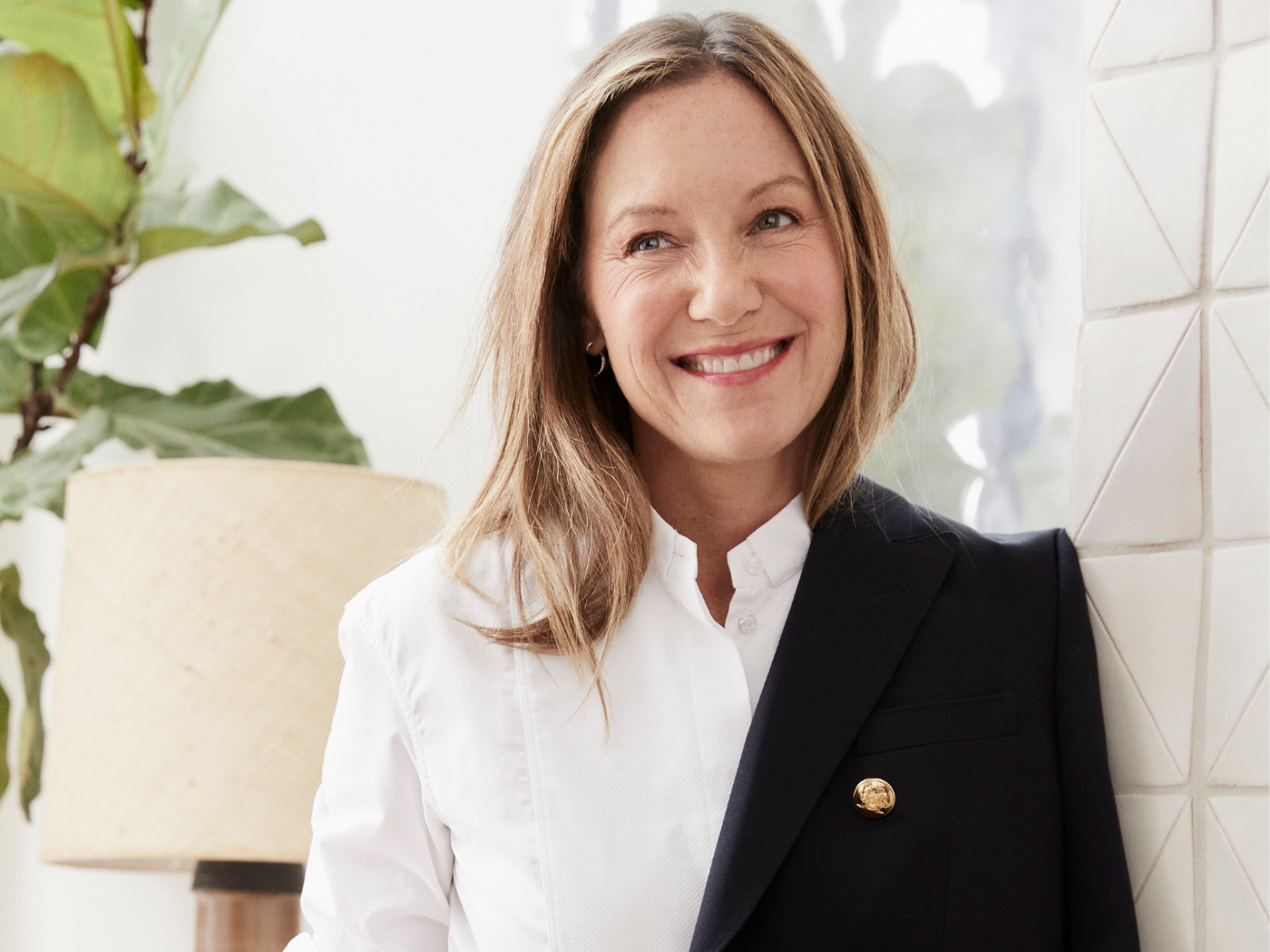Shoppers are prioritizing beauty.
This past holiday season, while eschewing big-ticket purchases such as high-end jewelry and electronic gadgets, shoppers refused to pare back on beauty. Even with rising grocery prices — eggs cost 47 percent more now than last year — consumers didn’t scrimp on makeup, fragrances, hair care, skin care, or wellness products.
Store visits and interviews with retailers and brands estimate holiday sales expanded about 8 percent in the beauty category — stronger than retail’s overall gains reported by the National Retail Federation [NRF] on January 20. NRF’s final Holiday tally reported gains of 5.3 percent to $936.6 billion, short of its initial projections of 6 percent to 8 percent increases. While holiday growth was less than expected, sales for the year grew 7 percent over 2021 to $4.9 trillion, meeting NRF’s annual forecast.
“The last two years of retail sales have been unprecedented, and no one ever thought it was sustainable,” says NRF President and CEO Matthew Shay. NRF Chief Economist Jack Kleinhenz added, “We knew it could be touch-and-go for final holiday sales given early shopping in October that likely pulled some sales forward, plus price pressures and cold, stormy weather. The pace of spending was choppy, and consumers may have pulled back more than we had hoped, but these numbers show that they navigated a challenging, inflation-driven environment reasonably well. The bottom line is that consumers are still engaged and shopping despite everything happening around them.”
For many shoppers, beauty was a treat as a gift or for themselves that wouldn’t break the bank.
Unique, fun, and good values moved the sales needle at indie retailer C.O. Bigelow Chemist. Ian Ginsberg, President of the iconic Manhattan apothecary, ticks off best-sellers such as Tocca candles ($42.99), NCLA lip scrubs ($16), wellness items from Kneipp ($12 to $20), Musee bath bombs ($13), and Carner fragrances ($120). “Candles and fragrances do well because they are not always something you buy for yourself,” he says.
Visits to Sephora stores showed sell-through on clean products priced under $10, items from Huda Beauty, and a $181-dollar value on Kiehl’s “Winter Wonders” products retailing for $99.
Cynthia Sakai, founder of the beauty and lifestyle brand evolvetogether, believes beauty was a gift with purpose this year.
“I think people were looking to give more thoughtfully this year — we received lots of reviews and feedback that our customers were excited to upgrade their loved one’s routines with beautiful, high-performing, and earth-friendly daily essentials. This trend proved itself with a 138% lift in personal care as our loyal customers picked up discovery items like our Hydrating Hand Cream Mini Set, Hydrating Lip Balm Mini Set, and Natural Deodorant Mini Set (which retailed for $40, $28, and $27, respectively).”
Beauty wasn’t only for gifting this year, according to Dan Langer, Group President, LBP Prestige Hair Group/President R+Co.
“We had record numbers of customers shopping the brand, and that included a lot of self-gifting as customers continued to focus on health and wellness and ‘me time.’” Exposure on social helped, such as R+Co’s Going Up Thickening Kit which had nearly 2 million views on TikTok.
That’s not to say all is upbeat. Profits could be siphoned by the rampant, early promotions that started in October and continued well into January. Yes, customers bought beauty, but at what price to the bottom line? Online promotions heated up during Cyber Week and into December, per Salesforce data, with a 21% average discount versus 19% in 2021.
Exacerbating this is the concern that sales gains resulted from price hikes rather than increased unit sales.
“Total beauty and personal care was up 7 percent in mass channels over the five weeks of the holiday season [November 20 to December 24 2022], reports Anna Mayo, Vice President Content and Strategy, Beauty Vertical at NielsenIQ. “Unfortunately, the beauty industry is still experiencing the impact of inflation with units declining 4.4 percent over the same period.”
Skin Care Elevated to Gift Status
Kara Trousdale, Chief Commercial Officer at Beautycounter, says she noticed two significant purchasing trends during the holiday season.
“First, our community tended to gravitate toward limited edition sets to experiment with newer products, while also continuing to buy full-sized products that they know and love. Sales in December represented an even split between holiday sets and our usual best-sellers. Second, consumers continue to prioritize skin care, with top sellers across both holiday sets and core products stemming from skin care favorites such as our Countermatch Adaptive Moisture Lotion and All Bright C Serum. The numbers prove that consumers want both experimentation and reliable, proven results.”
While not typically considered a holiday gift, the wellness revolution moved skin care to the forefront — a category that carries higher margins that can help offset promotional activity.
Joy Chen, co-founder and CEO of customized skin care brand Pure Culture Beauty, told Beauty News that while the economy is showing signs of weakness, its skin test and customized formulas provided a great gift idea.
“It’s like the 23andMe DNA test but with a skin test and customized skin care. We also benefitted from customers who wanted to purchase from small businesses to support them during the holidays. The combination of both customized skin care and being a small business have led to a great holiday season for Pure Culture Beauty.”
Seen Hair Care’s extension into skin care paid off, according to Dr. Iris Rubin, a dermatologist and the brand’s founder.
“We saw great retention, including an uptick in existing hair care customers who decided to explore Seen’s new skin care category, as well as those who decided to share their love for the brand by gifting it to their friends and family,” she says.
Grande Cosmetics, the leader in lash growth serums, had a vast holiday surge in 2021 and had to find a way to anniversary those gains.
“This year has been the most stressful holiday season due to the changes in the economy in addition to confident buy-ins from major retailers based on the great success the brand saw during holiday 2021,” says Alicia Grande, Chief Executive Officer of her eponymously named brand. To sell out in 2022, Alicia increased her budget in social, digital, and education to promote higher sell-through.
“Our percentage of growth in holiday sets this year versus the previous year was over 50% and met all retailer expectations. Our top holiday sets were Sephora Exclusive: First Class Beauty, along with Ulta Exclusive: Lash Luggage,” she says.
Devon McCutcheon, Director of Marketing for In Common, says her brand planned for the deep discount landscape.
“Holiday bundles with a dedicated landing page converted very well for In Common this year, especially ones that featured our best-selling Magic Myst Bundle,” she says. “Overall, we did see much deeper discounts this year. The Holiday sales period seems to start earlier every year. With talks of an impending recession, consumers are looking for value more than ever. We saw a very receptive consumer to the holiday deals we offered. In addition, we had all hands on deck to increase customer support due to the importance of white-glove service expectations. These interactions can be the difference between a one-time and a returning consumer.”
There are beauty categories not as subject to rampant promotion —and devices are one of them.
“Even with fierce competition, consumers continue to show their enthusiasm for the Dyson Airwrap styler. We’re currently sold out of the Airwrap styler,” says Jessica Schinazi, Regional President, Americas for Dyson. Ulta Beauty noted Airwrap as one of its top movers for a second year.
Joanna Vargas, celebrity facialist and founder of Joanna Vargas Salons and Skin Care, says her Magic Glow ($285) didn’t need a discount or promotion as consumers will pay full price for its effective at-home skin care.
Final results from holiday 2022 are due out in early February. Be the first to hear a complete analysis for end-of-year sales, full-year performance, and 2023 beauty predictions by attending CEW’s State of the Beauty Industry 2023 Report virtual event, featuring The NPD Group, Nielsen IQ, Spate, and Google on February 9.




